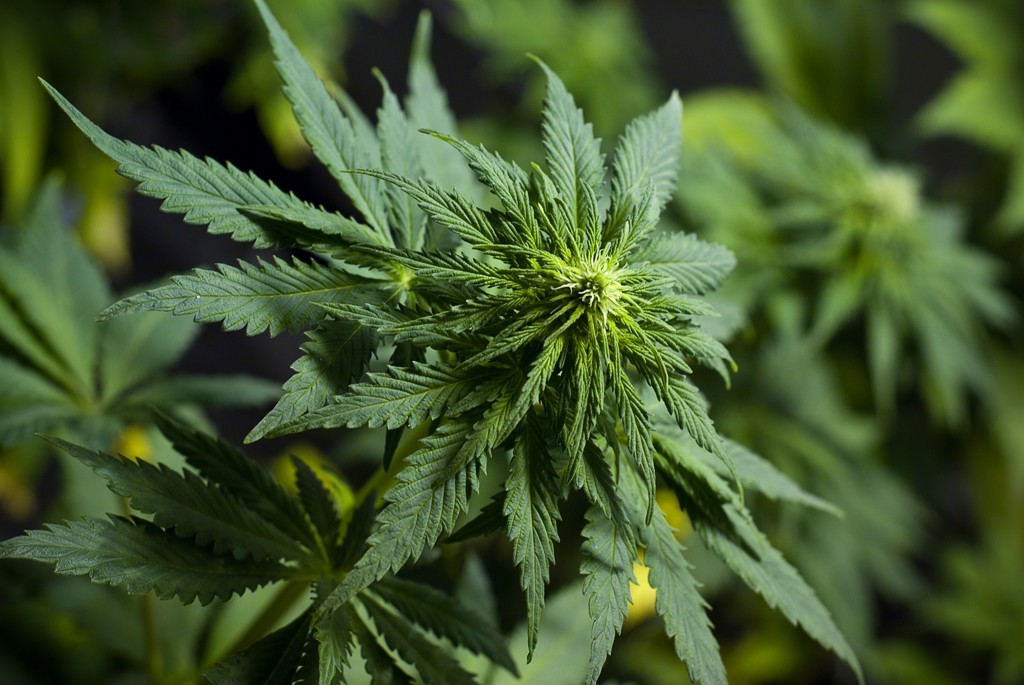
Right now, Oakland levies some of the highest local taxes on cannabis in California: 5 percent for medical cannabis and 10 percent for recreational pot. In both cases, the tax is applied to every activity in the industry’s supply chain, including cultivation, manufacturing, delivery, testing, and retail sales.
Cannabis industry leaders have warned the city’s policymakers for over a year now that its taxes are too high compared to other jurisdictions. This is especially true now that the state is also levying taxes on cannabis. The result is that weed is one of the most taxed industries, and in cities like Oakland, a business has to be doing exceedingly well just to survive.
These days, not a lot of cannabis companies are doing so well, though. A few big operators are thriving, but the middle has been squeezed out, and lots of consumers have shifted back to the unregulated markets to buy pot due to the price spikes on the legal side.
But even though several of Oakland’s city councilmembers have acknowledged the city’s tax rates are too high, they’ve yet to take action. That’s because, according to an analysis of Oakland’s cannabis tax laws prepared by City Attorney Barbara Parker, the city council doesn’t have the power to do anything about it. According to Parker’s analysis, Oakland voters locked in the tax rates of 5 percent for medical and 10 percent for recreational back in 2010 with Measure V. It will take another ballot measure to change the rates.
In response to this situation, last month the city council unanimously voted to place a cannabis tax reform measure on the November ballot. If passed by voters, this measure will give the city council the authority it needs to lower cannabis taxes. Importantly, the measure won’t allow the council to increase taxes above 5 and 10 percent.
“I don’t know that they need a ballot measure for any of this,” said James Anthony, a local cannabis industry attorney who has been advocating for a solution to Oakland’s cannabis business tax rates. Anthony’s reading of Measure V was that the council could, in fact, lower the tax rates through an ordinance. But Parker’s analysis was much more cautious and Anthony was unable to convince the council to act on its own.
Anthony said he expects the measure will pass because most Oakland residents understand that the city no longer has the unassailable position it once did in the state’s cannabis markets. Competition is fierce today, and many of the city’s residents want to preserve Oakland’s leading role in developing legal marijuana.
Of course, city leaders want to tax cannabis to bring in much-needed new revenue, but Oakland officials also know they have to remain competitive with other jurisdictions. Some cities are aggressively positioning themselves in the state’s cannabis market. Santa Rosa, for example, is quickly becoming a marijuana mecca. Part of the reason is that the North Bay city has low taxes on weed. Santa Rosa doesn’t even tax medical retail sales, and its adult use retail levy is a mere 3 percent. And it’s located right on the 101 Freeway, the gateway to Northern California’s vast marijuana farms in the Mendocino and Humboldt hills.
Berkeley has a medical retail tax rate that is half of Oakland’s, and its proximity to the Bay Area’s millions of customers is virtually just as good. Similarly, Richmond’s taxes are 5 percent across the board for all kinds of cannabis companies, while Sacramento has aimed one point lower, at 4 percent.
Oakland’s cannabis ballot measure promises to provide two other benefits to the industry.
For years now, companies have complained about the city’s burdensome tax payment process. Currently, the city requires businesses to make one annual tax payment at the beginning of each year. The amount due is based on an estimate of what they expect to earn. But a lot of cannabis companies find this system burdensome, especially since they’re barred from using the traditional banking system due to federal prohibition. They may not have access to the cash they need to make a tax payment for an entire year’s worth of earnings.
To solve this, the ballot measure will break up tax payments into quarterly installments.
Finally, the ballot measure will also allow cannabis businesses to deduct expenses from their gross receipts. Currently, cannabis businesses can’t make deductions from their federal income taxes, and because they pay a gross receipts tax locally, it’s possible for a tax bill to quickly eat up potential profits. The ability to deduct expenses from their local gross receipts tax would provide relief and somewhat offset the federal government’s ongoing Drug War tax policy.














